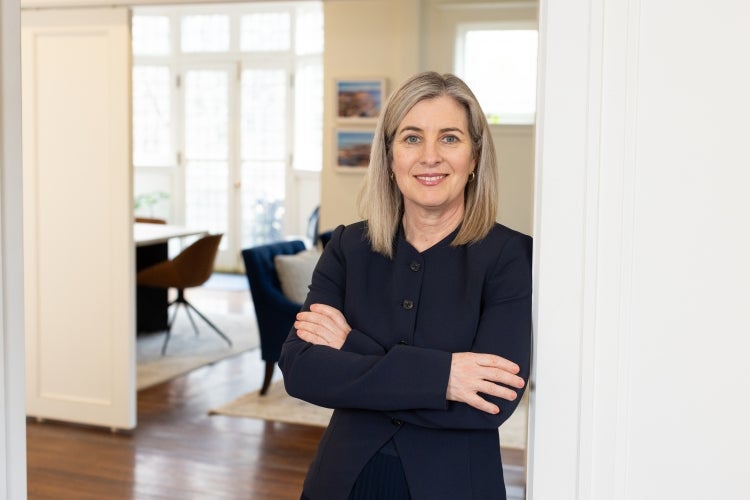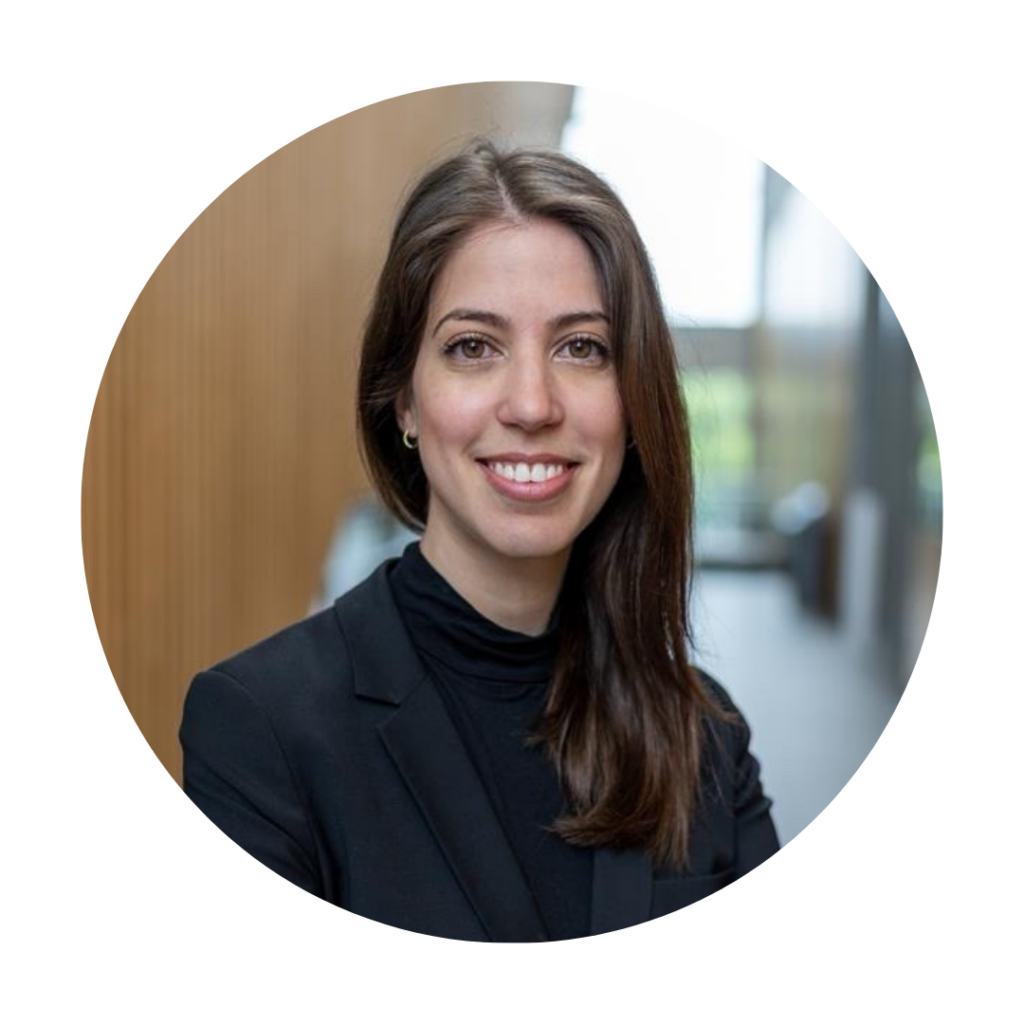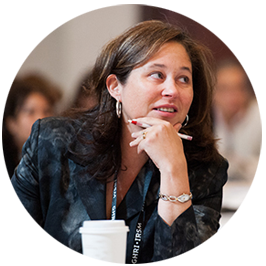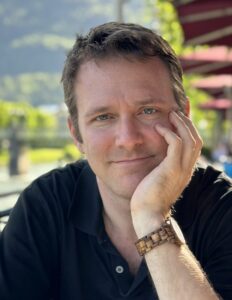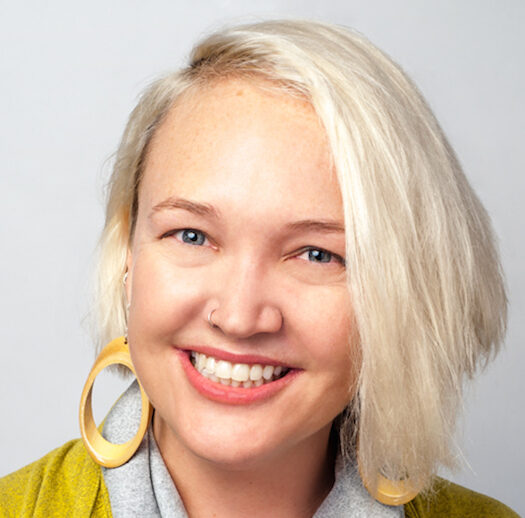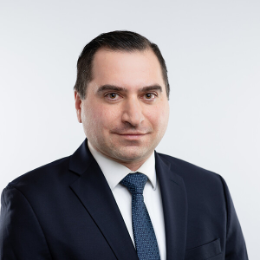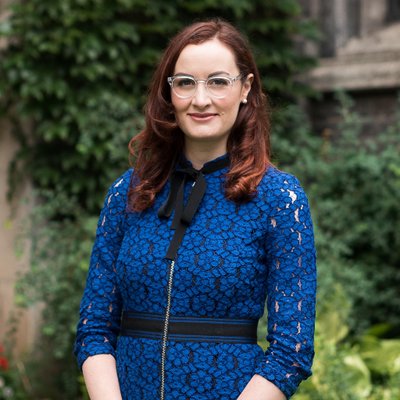Call for Applications: 2025-2026 SDGs@UofT Student Advisory Committee
The call for applications is open until May 16, 2025!
Overview
The Sustainable Development Goals at the University of Toronto (SDG@UofT) is an Institutional Strategic Initiative (ISI) that aims to advance research on the UN’s 17 Sustainable Development Goals (SDGs). This initiative builds on existing research initiatives, fosters interdisciplinary and global partnerships, and creates a roadmap for sustainable development. The SDGs, outlined in the Transforming Our World: The 2030 Agenda for Sustainable Development, provide a shared blueprint for global peace and prosperity. Recognizing the vital role of post-secondary institutions, and specifically trainees, in addressing these goals, the SDG@UofT Student Advisory Committee has been formed.
The SDGs@UofT Student Advisory Committee will:
- Lead student engagement across the tri-campus to cultivate and expand a diverse student network, ensuring inclusive representation in SDG-related initiatives.
- Promote the development of a comprehensive equity, diversity, inclusion, and accessibility strategy, to seamlessly incorporate these principles into all aspects of SDG initiatives at the UofT.
- Participate in planning and executing a broader communication strategy to build and nurture a community of global trainees who are committed to promoting actions on the SDGs.
- Assume a pivotal role in mobilizing knowledge by actively interacting with peers, disseminating essential information, and cultivating platforms for collaborative knowledge-sharing.
Eligibility Criteria
We are seeking students to be part of our student advisory committee. To be eligible, students must:
- Be currently enrolled as a full-time undergraduate or graduate student at one of the three University of Toronto campuses.
- Have a strong interest in sustainable development and a commitment to advancing the United Nations' 17 Sustainable Development Goals (SDGs).
- Have experience with actively contributing to committee discussions, offering valuable insights, and engaging in collaborative decision-making.
- Be committed to diversity, equity, and inclusion demonstrated through their academic and extracurricular pursuits.
Membership
The Student Advisory Committee will include at minimum:
- An undergraduate student representative from each campus.
- A graduate student representative from each campus.
We recognize that the student experience at U of T is diverse. U of T students vary widely in age, identity, geography, and background, and in their experiences both on and off campus. The Student Advisory Committee will strive to engage a diverse and equitable membership.
Members are responsible for participating in all Student Advisory Committee meetings. Members can expect to spend approximately three hours each month on activities related to this Initiative, including attending Student Advisory Committee meetings and the review of key documents. It is expected that students will contribute to the advisory committee over the summer term. Students will be compensated for their time through an honorarium.
Application Process
Each Applicant packages should include:
- A completed application form.
- A CV (maximum 5 pages).
This opportunity is currently open to new applications.
Stay Connected!
There will be ongoing engagement opportunities throughout this project for individuals not selected to serve on the Student Advisory Committee. We encourage you to sign up to receive regular updates about our program activities by completing our mailing list below.
